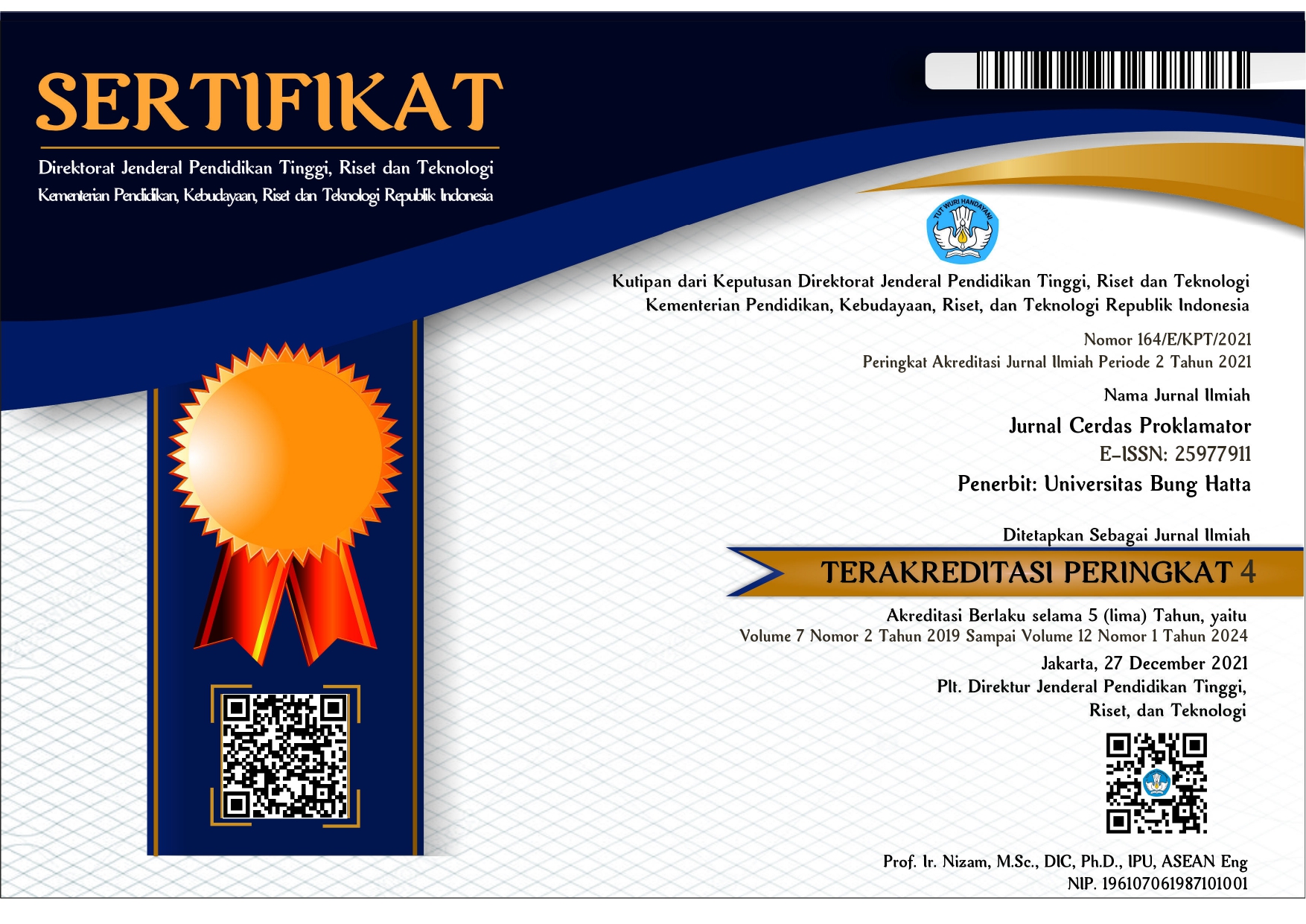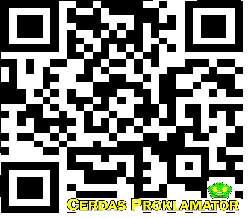ANALISIS KEBIJAKAN KEPALA SEKOLAH DI SD DALAM PEMBELAJARAN DI MASA PANDEMI COVID 19
DOI:
https://doi.org/10.37301/cerdas.v10i2.126Kata Kunci:
policy analysis, principalAbstrak
This study aims to determine the principal's policy in carrying out bold learning for students during the Covid 19 pandemic in the hope that students will get an effective and conducive education. The research method used is descriptive qualitative method. Data analysis interactive model of data collection, data reduction, data presentation, and drawing conclusions. With data sources principals, teachers, parents and students. Data collection techniques are observation, interviews and documentation. The results of this study indicate that the local SDN principal already has a policy in implementing face-to-face learning through a number of students in accordance with the health protocol. Principals, teachers, homeroom teachers, parents and guardians of students as well as the local community participated in the success of the policy.
Referensi
Arwildayanto, Arifin, S., & Warni, S. T. (2018). Analisis Kebijakan Pendidikan Kajian Teoritis, Eksploratif Dan Aplikatif. In Kebijakan Publik. (Vol. 53).
Darmalaksana, W., Hambali, R. Y. A., Masrur, A., & Muhlas. (2020). Analisis Pembelajaran Online Masa WFH Pandemic Covid-19 sebagai Tantangan Pemimpin Digital Abad 21. Karya Tulis Ilmiah (KTI) Masa Work From Home (WFH) Covid-19 UIN Sunan Gunung Djati Bandung, 1(1), 1–12.
Dhawan, S. (2020). Online Learning: A Panacea in the Time of COVID-19 Crisis. Journal of Educational Technology Systems, 49(1), 5–22. https://doi.org/10.1177/0047239520934018
Djumiko, D., Fauzan, S., & Jailani, M. (2020). Panduan Kepala Sekolah Untuk Mengelola Sekolah Pada Masa Pandemic Covid-19. Pedagogik: Jurnal Pendidikan, 15(2), 56–69. https://doi.org/10.33084/pedagogik.v15i2.1701
Guswara, A. M., & Purwanto, W. (2021). The Contribution of Google Classroom Application and Motivation to The Learning Outcomes of Web Programming. Journal of Education Technology, 4(4), 424. https://doi.org/10.23887/jet.v4i4.29896
Hutauruk, A., & Sidabutar, R. (2020). Kendala pembelajaran daring selama masa pandemi di kalangan mahasiswa pendidikan matematika: Kajian kualiatatif deskriptif. Journal of Mathematics Education and Applied, 02(01), 45–51. Retrieved from https://jurnal.uhn.ac.id/index.php/sepren/article/view/364
Ikbal, La Taena, M. I. (2020). Jurnal Online Program Studi Pendidikan Ekonomi. FAKTOR PENYEBAB RENDAHNYA HASIL BELAJAR SISWA KELAS XI PADA MATA PELAJARAN EKONOMI DI SMA NEGERI 1 BONE KABUPATEN MUNA, 5(2), 76–83.
Muliartini, N. M., Natajaya, I. N., & Arya Sunu, I. G. K. (2019). Kontribusi Kepemimpinan Kepala Sekolah, Etos Kerja, Kepuasan Kerja, dan Budaya Organisasi Sekolah Terhadap Kinerja Guru di SMKN 2 Singaraja. Jurnal Administrasi Pendidikan Indonesia, 10(1), 13–23. https://doi.org/10.23887/japi.v10i1.2786
Sari, M., & Asmendri. (2018). Penelitian Kepustakaan (Library Research) dalam Penelitian Pendidikan IPA. Penelitian Kepustakaan (Library Research) Dalam Penelitian Pendidikan IPA, 2(1), 15. Retrieved from https://ejournal.uinib.ac.id/jurnal/index.php/naturalscience/article/view/1555/1159
Setiyati, S. (2016). Penagruh Kepemimpinan Kepala Sekolah,Motivasi, Dan Budaya Sekolah Terhadap Kinerja Guru. Ilmu Pendidikan: Jurnal Kajian Teori Dan Praktik Kependidikan, 1(2), 63–70.
Subandi, S. (2018). Kontribusi Kepemimpinan Kepala Sekolah, Motivasi Kerja,dan Iklim Sekolah terhadap Kinerja Guru. Jurnal Penelitian Dan Pengembangan Sains Dan Humaniora, 1(2), 57–63. https://doi.org/10.23887/jppsh.v1i2.12934
Widyatrini, W. (n.d.). METODE BERMAIN PERAN DALAM KETERAMPILAN BERBICARA SISWA KELAS V Wahyu Widyatrini. 1–5.
Mulyasa, E. (2005). Guru Profesional, Menciptakan Pembelajaran dan Menyenangkan . Bandung: PT Remaja Rosdakrya.
Muslim, S. B. (2010). Supervisi Pendidikan Meningkatkan Kualitas Profesionalisme Guru. Medan: Alfabeta.
Sugiyono. (2012). Metode Penelitian Pendidikan. Bandung: Alfabeta.
##submission.downloads##
Diterbitkan
Terbitan
Bagian
Lisensi
Hak Cipta (c) 2022 Cerdas Proklamator

Artikel ini berlisensi Creative Commons Attribution 4.0 International License.
Copy right in each article belong to the authors.
1. The author acknowledges that the Journal Cerdas Proklamator as a publisher who publishes for the first time with the
Creative Commons Attribution 4.0 International License.
2. The Author can enter the writing separately, manage the non exclusive distribution of manuscripts that have been published in this journal into the other versions (eg sent to the repository of the author's institution, publication in book, etc), by acknowledge that the manuscript was first published in the Jurnal Cerdas Proklamator.
























